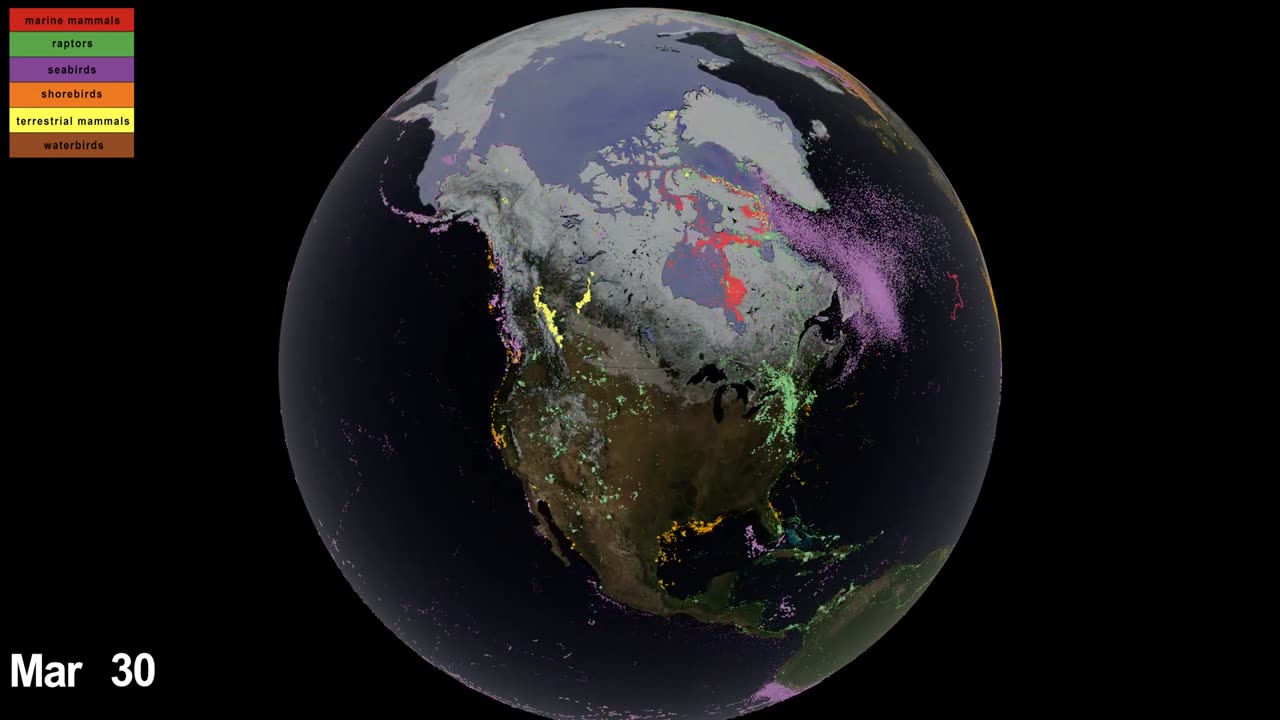Premium Only Content

NASA Research New Video #NasaexploreEarthconnection
NASA's exploration of Earth and its connection to the planet is a multifaceted endeavor that encompasses scientific research, environmental monitoring, climate studies, and technological advancements. The agency's commitment to understanding our home planet is driven by the recognition that Earth is a complex and interconnected system, and studying it is essential for the well-being of humanity and the preservation of the environment.
NASA's Earth-focused missions and initiatives can be described as follows:
Scientific Research: NASA conducts a wide range of scientific research to better understand Earth's processes, including its atmosphere, oceans, land, and ecosystems. This research involves studying natural phenomena such as weather patterns, geological shifts, and biological cycles.
Environmental Monitoring: NASA employs an array of satellites and instruments to monitor various aspects of Earth's environment on a global scale. This includes tracking changes in sea levels, measuring temperatures, monitoring deforestation, observing ocean currents, and detecting air pollutants.
Climate Studies: One of NASA's primary focuses is studying Earth's climate system and the factors that influence climate change. Through the analysis of long-term data, researchers can identify trends, predict future changes, and contribute to international efforts to address climate-related challenges.
Spaceborne Instruments: Satellites equipped with advanced instruments orbit the Earth, collecting data that provide crucial insights into the planet's health and dynamics. These instruments capture information about Earth's surface temperatures, greenhouse gas concentrations, ocean currents, and more.
Disaster Response and Management: NASA's capabilities extend to disaster management by providing real-time data and imagery during natural disasters such as hurricanes, wildfires, and earthquakes. This information aids in emergency response and recovery efforts.
Technological Innovations: The technology developed for space exploration often finds applications in studying Earth. Innovations such as remote sensing, satellite communication, and data analysis techniques have revolutionized our ability to monitor and understand the planet.
Education and Outreach: NASA's Earth-focused initiatives extend beyond research and encompass educational programs and public outreach efforts. These activities aim to engage the public, raise awareness about Earth science, and foster a sense of stewardship for the planet.
International Collaboration: NASA collaborates with international space agencies, research institutions, and organizations to share data, knowledge, and expertise related to Earth science. This collaboration enhances our global understanding of Earth's interconnected systems.
In essence, NASA's exploration of Earth's connection is driven by a deep curiosity about our planet's intricacies and a sense of responsibility to protect and sustain its environment. Through continuous research, advanced technology, and international cooperation, NASA contributes to the global effort to comprehend Earth's processes, predict changes, and ensure a sustainable future for generations to come.
-
 LIVE
LIVE
Inverted World Live
2 hours agoUFO Invasion in Columbia | Ep.60
11,136 watching -
 2:43:00
2:43:00
TimcastIRL
3 hours agoTrump Demands IRAN SURRENDER NOW, Mobilizes For WAR, Jets Deployed | Timcast IRL
197K121 -
 LIVE
LIVE
Spartan
10 hours agoPro Halo Player | Ranked Arena breaking in a new controller
769 watching -
 2:34:37
2:34:37
Barry Cunningham
4 hours agoPRESIDENT TRUMP NOW HAS PROOF OF THE FRAUD OF 2020! BIG PHARMA IN TROUBLE! MORE NEWS!
68.8K33 -
 8:25
8:25
MattMorseTV
9 hours ago $1.14 earnedTrump just FLIPPED the SCRIPT.
16.2K26 -
 LIVE
LIVE
BigTallRedneck
3 hours agoCome Chill with the Redneck!
188 watching -
 LIVE
LIVE
TheBeardedBrent
2 hours ago🔴LIVE🔥 | WARZONE | BEADERED THE BOT HUNTER!! | ROAD TO 50 SUBS!!🔥
91 watching -
 1:27:44
1:27:44
Glenn Greenwald
6 hours agoTrump Declares the War in Iran to Be His Own; Journalist Ken Klippenstein on Trump's War Plans, DC Dems, and More | SYSTEM UPDATE #470
117K175 -
 2:42:21
2:42:21
RiftTV/Slightly Offensive
5 hours agoLAPD Shot ME?! Rioters RAN OVER, US Attacking Iran? | The Rift | Guest: Anna Perez + Braeden Sorbo
52.3K15 -
 2:12:14
2:12:14
TubButter
1 day ago $0.19 earnedMy aim is sharper in 1440P Warzone! (Maybe). 😉 Live now! #Warzone #1440p #FunnyFails #TubButter
15.1K